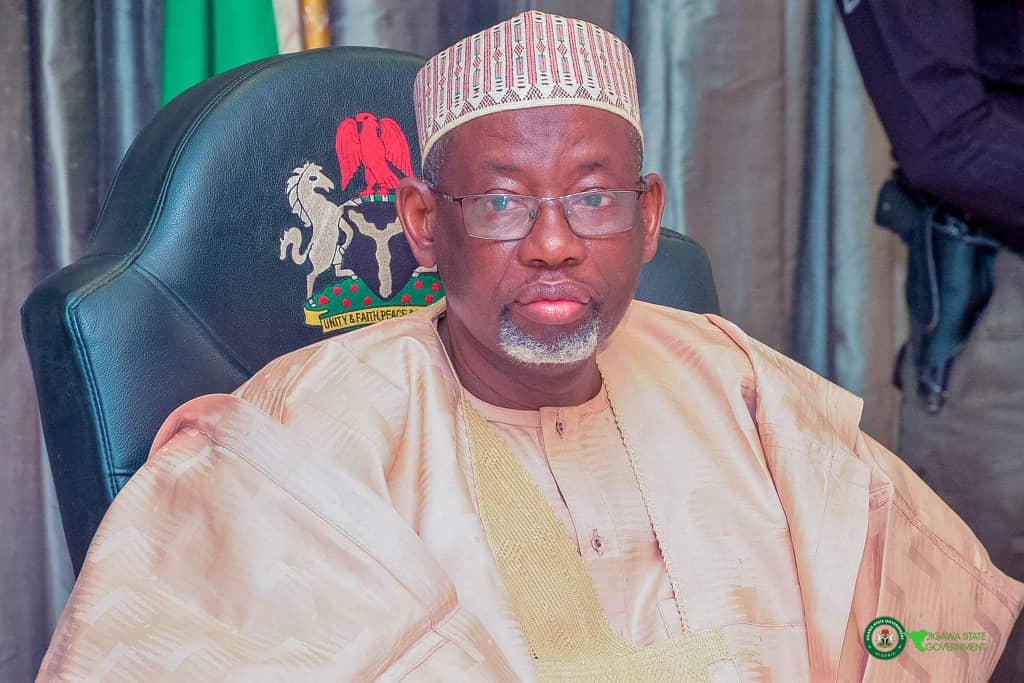Jigawa State is charting a new course in education by establishing an Institute of Technical and Vocational Education and eight technical colleges. Governor Malam Umar Namadi announced the initiative during a meeting with Mr. Asefon Sunday Dayo, the Senior Special Assistant to the President on Students Engagement, at Government House in Dutse.
The governor described the move as a critical step toward equipping young people with practical skills to secure their futures and contribute meaningfully to society. The announcement coincided with the inauguration of the Northern Chapter of the Students Union’s leadership.
“Education is the foundation of progress, and our youth hold the key to this nation’s future,” Governor Namadi said. “By focusing on vocational training, we are not just educating them but also empowering them with tools for economic independence.”
The plan includes transforming eight secondary schools into centers of excellence where students will receive hands-on training in various trades and crafts. This approach aims to ensure graduates leave school not just with certificates but with skills they can use immediately.
“We want to go back to a time when students learned crafts alongside their academics,” the governor said. “During holidays, they can put their skills to work and start earning a living even before they graduate.”
Students at the new technical and vocational institutions will also take on practical projects like furniture-making and pump repairs. These activities will help reduce the state’s reliance on external contractors while giving students valuable real-world experience.
Governor Namadi also announced plans to repurpose the Jigawa State College of Remedial and Advanced Studies (JICORAS) in Babura into a technical and vocational institute. This facility will bridge the gap for students transitioning from technical schools to higher education, including the Federal University of Technology in the state.
The governor emphasized that this integrated system would create a pipeline for developing skilled professionals, allowing students to progress from secondary-level training to diploma and degree programs seamlessly.
“This is about more than just education—it’s about creating a cycle of opportunity,” he explained.
The new initiative reflects Jigawa State’s commitment to addressing unemployment and fostering economic growth by prioritizing skills over paper qualifications. The state is betting on vocational education as a long-term solution to empower its youth and drive sustainable development.




